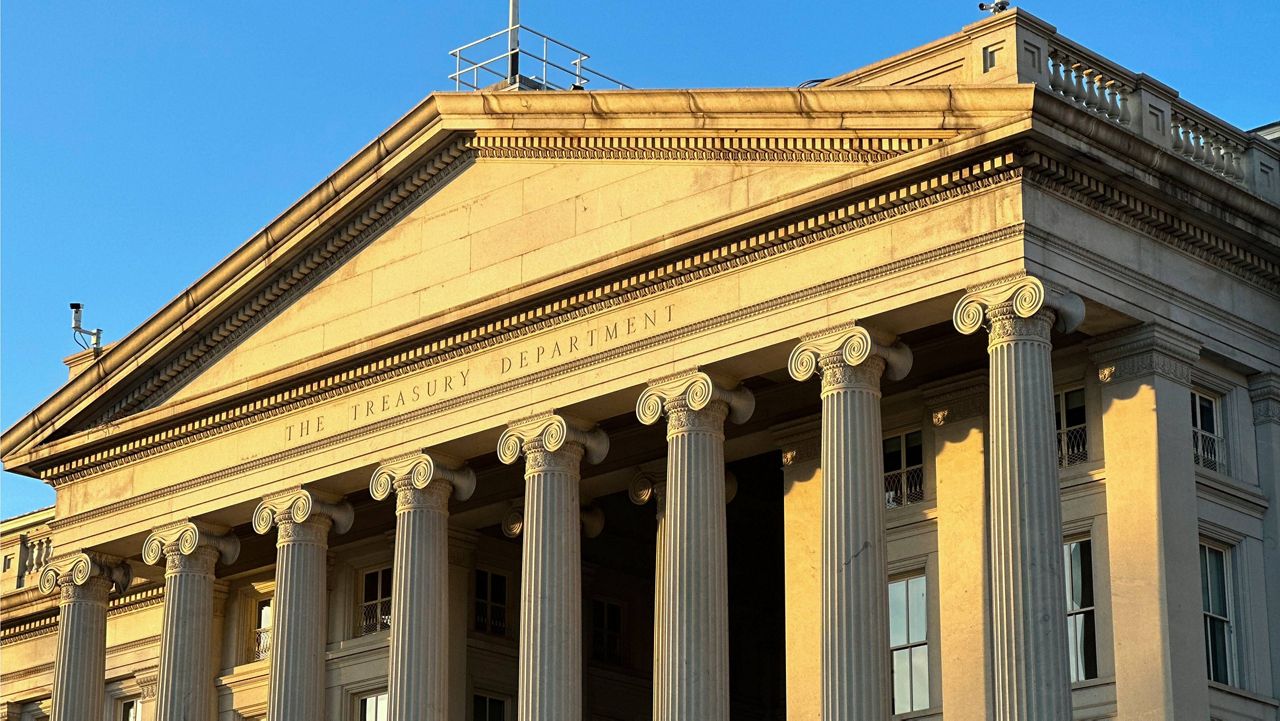The Treasury Department said Monday it plans to increase its borrowing during the first three months of 2023, even as the federal government is bumping up against a $31.4 trillion limit on its legal borrowing authority.
The U.S. plans to borrow $932 billion during the January-to-March quarter. That's $353 billion more than projected last October, due to a lower beginning-of-quarter cash balance and projections of lower-than-expected income tax receipts and higher spending.
The increased borrowing will take place as Democrats and the White House push for Congress to increase the federal debt limit. President Joe Biden wants the cap raised without any preconditions. The new House Republican majority is seeking to secure spending cuts in exchange for a debt limit increase.
Treasury officials say the debate over the debt ceiling poses a risk to the U.S. financial position.
“Even just the threat that the U.S. government might fail to meet its obligations may cause severe harm to the economy by eroding household and business confidence, injecting volatility into financial markets, and raising the cost of capital — among other negative impacts," Ben Harris, Treasury's assistant secretary for economic policy, said in a statement.
Treasury Secretary Janet Yellen, in a letter to congressional leaders earlier this month, said the department had begun resorting to " extraordinary measures " to avoid a federal government default. She said it’s “critical that Congress act in a timely manner" to raise or suspend the debt limit.
In a letter to House and Senate leaders, Yellen said her actions will buy time until Congress can pass legislation that will either raise the nation’s borrowing authority or suspend the limit for a period of time. She said it is unlikely that cash and extraordinary measures will be exhausted before early June.
New House Speaker Kevin McCarthy will meet with Biden at the White House this week to discuss the debt limit.
McCarthy told CBS’ “Face the Nation” on Sunday: “I want to sit down together, work out an agreement that we can move forward to put us on a path to balance — and at the same time not put any of our debt in jeopardy at the same time.”



